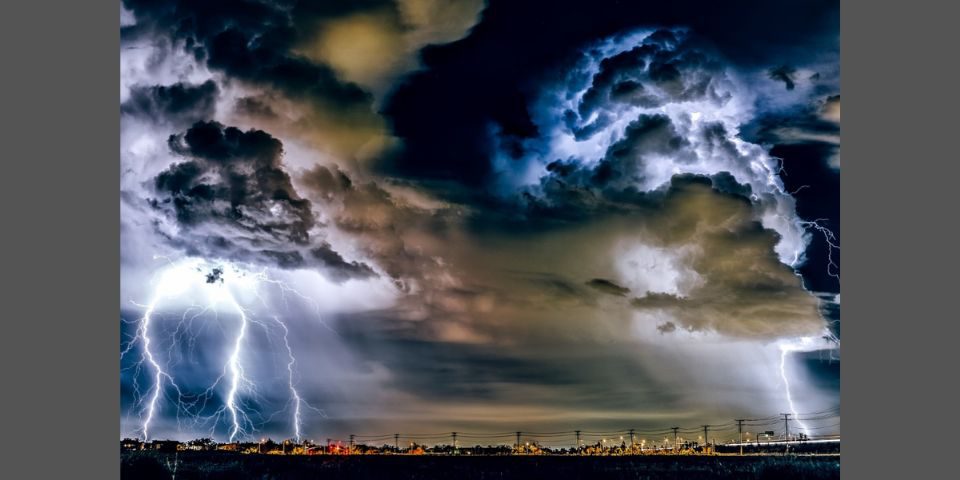The increasing frequency of severe weather events across the United States, most recently including hailstorms, tornadoes, and wildfires (and soon to include hurricanes and tropical storms) puts countless lives at risk and causes millions of dollars of damage to critical infrastructure. These recent weather phenomena are stark reminders that safeguarding our communities from the effects of these events is an ever-evolving, nonstop effort that requires innovation and collaboration across the Department of Homeland Security (DHS) and its partners and stakeholders.
Remaining vigilant and prepared to protect our nation from severe weather is one of S&T’s highest priorities. One way we are accomplishing this is through the Emergency Preparedness and Response to Weather Extremes Initiative (EMPOWER) pilot program, a collaboration with the State University of New York (SUNY) at Albany that is actively developing a suite of weather-related support tools that give federal, state, and local New York first responders access to real-time analytics/artificial intelligence, weather data, and visualization capabilities.
The EMPOWER network was developed by SUNY Albany and became operational in April 2018. Located throughout the state, EMPOWER’s weather stations are equipped with state-of-the-art automated environmental and weather sensors, collect critical Mesonet data such as temperature, humidity, wind speed and direction, air pressure, precipitation, solar radiation, snow depth, and soil information, and utilize high-definition cameras that capture photos of the surrounding environments every five minutes. This data is then shared via a dashboard with regional emergency personnel to help them respond as severe weather events occur.


